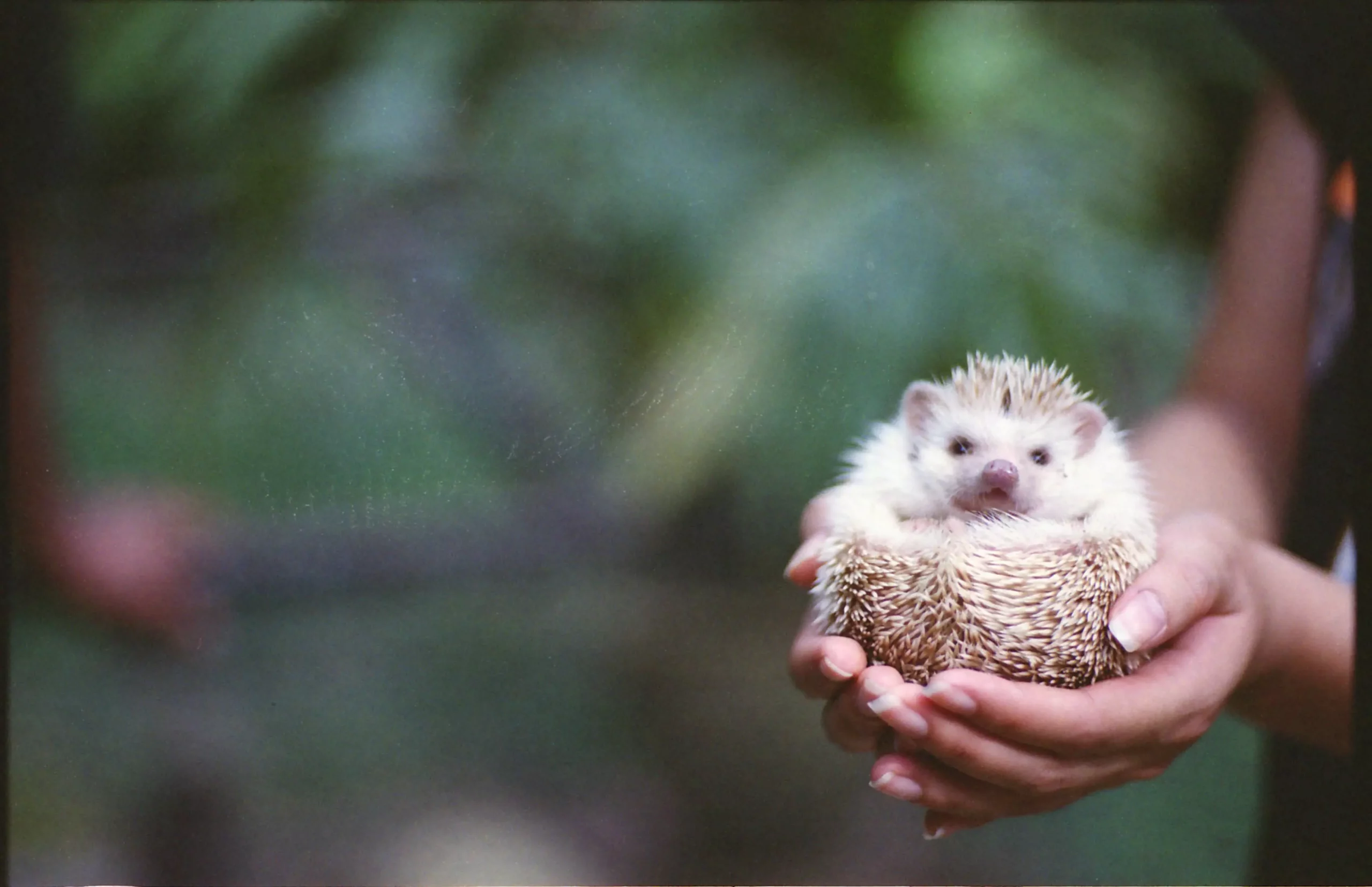The African pygmy hedgehog, often coined the four-toed hedgehog, stands as one of the smallest members within the hedgehog family. With its unique characteristics and charming appearance, it has become a popular choice among pet enthusiasts. Unlike the frightening quills seen on porcupines, these little creatures have a playful collection of spines that resemble brush bristles, making them more approachable. Although generally not dangerous, prospective owners should be aware of the necessary care these nocturnal creatures demand.
Measuring between 6 to 8 inches in length and weighing anywhere from 8 to 21 ounces, African pygmy hedgehogs are compact but full of personality. They are typically quiet, making them appealing to those who live in shared accommodations or do not want a particularly vocal pet. Despite their individualistic nature, these hedgehogs are playful and entertaining, often engaging in long hours of nocturnal activity.
One interesting behavior exhibited by hedgehogs is known as self-anointing, where they froth at the mouth and spread saliva on their spines when confronted with new scents. While this may appear unusual or even concerning to inexperienced owners, it is a harmless habit that serves an unclear purpose—possibly a stress-relief mechanism or a form of defense.
Caring for an African pygmy hedgehog requires love, commitment, and proper knowledge of their needs. They thrive in spacious environments, necessitating an enclosure that provides both comfort and room for exploration. A recommended minimum size would be 2 feet wide by 4 feet long, although double that size is even better. Choose cages with smooth surfaces that facilitate cleaning; avoid wire bottoms that could injure their sensitive feet.
Because hedgehogs are solitary creatures, they should ideally be housed alone to prevent any potential aggression. A quiet, dimly lit space that maintains a warm temperature (between 70 to 85 degrees Fahrenheit) will help keep your hedgehog comfortable. Including a hiding spot within the enclosure, such as a small box, will cater to their preference for privacy.
A proper diet is crucial to ensuring the health of your African pygmy hedgehog. Historically, many pet owners opted for high-quality cat food, often supplemented with mealworms and crickets. In recent years, specialized hedgehog food has come to the market, specifically formulated to meet their nutritional needs. When selecting cat food, grains should be avoided to support digestive health.
Being nocturnal, feeding these pets at night aligns with their natural habits. Fresh fruits and vegetables may be offered in moderation, along with a controlled quantity of insects a few times a week, which provides engaging mental stimulation akin to their foraging behavior in the wild. Always ensure they have a clean source of water, whether from a bowl or a water bottle.
Like any pet, African pygmy hedgehogs are susceptible to a variety of health concerns. Obesity and dental diseases are two common problems that stem from improper diets, while environmental stressors can lead to skin infections or more serious conditions such as Wobbly Hedgehog Syndrome. Regular veterinary visits tailored to hedgehogs are essential for preventative care, and prospective owners should take the time to find a competent veterinarian before adopting a hedgehog.
Hedgehogs may also need occasional grooming, particularly nail trimming, which becomes necessary since their nails may not wear down naturally in captivity.
Despite being relatively low-maintenance, African pygmy hedgehogs are not suitable for everyone, especially for individuals seeking a cuddly companion. Although they can become accustomed to handling over time, their nocturnal nature limits the time spent engaging during the day for those with typical work schedules.
Adoption of these unique creatures should be approached with care. Prospective owners should seek out reputable breeders or consider rescue organizations dedicated to hedgehog welfare. Avoiding pet stores, where the origin of the animals is often uncertain, ensures a more responsible ownership experience.
The average cost for an African pygmy hedgehog ranges from $100 to $300, influenced by factors such as age and color patterns. It’s essential that potential owners conduct thorough research on their unique quirks and behaviors, ensuring a harmonious relationship between pet and human.
With their captivating characteristics and manageable care requirements, African pygmy hedgehogs can be delightful pets for the right individuals. They offer companionship without overwhelming demands for attention, making them an intriguing addition to the household. What can be more charming than sharing your life with a creature uniquely adapted to the night, bringing a sprinkle of adventure and amusement into everyday existence? Through informed care and proper adoption practices, anyone can enjoy a fruitful relationship with these enchanting creatures.

